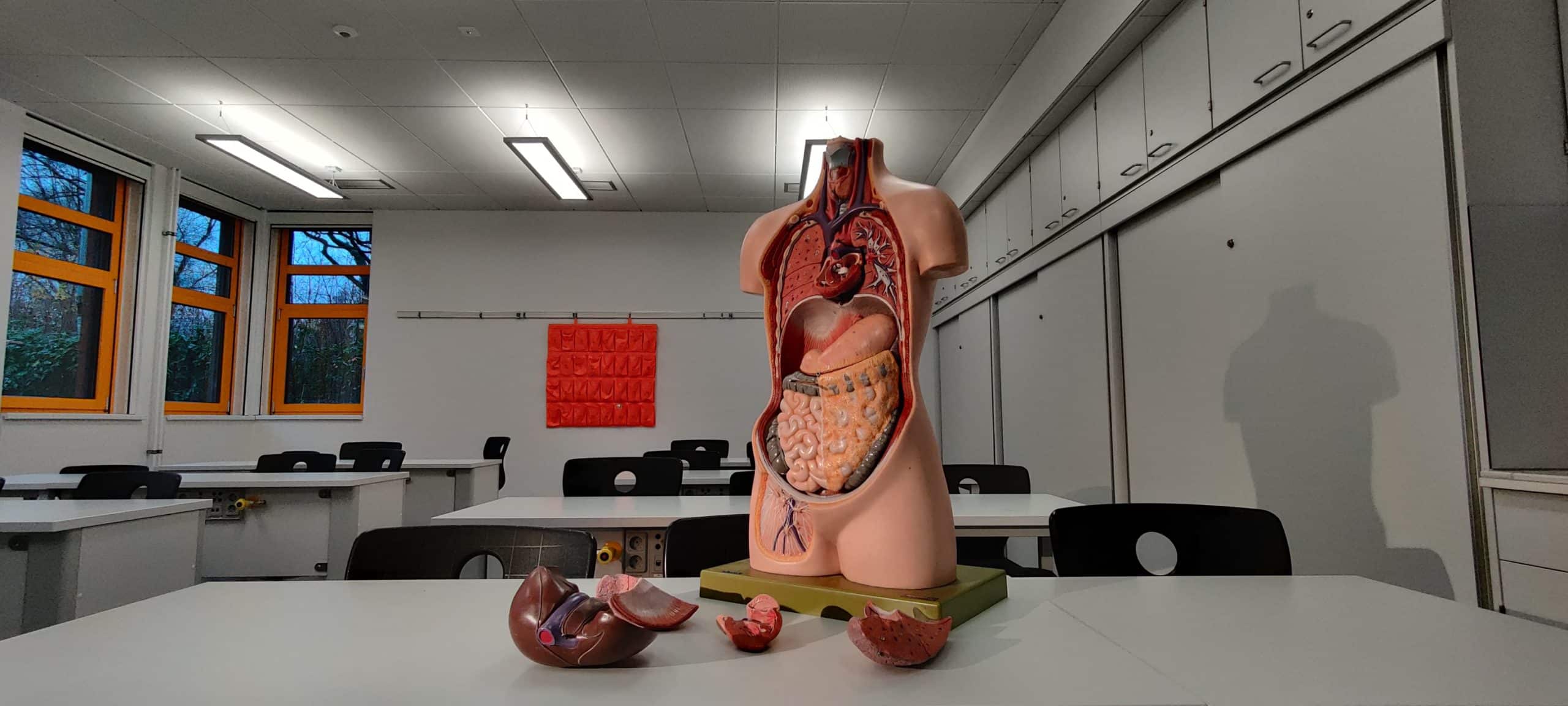Alcohol is one of the biggest causes of liver disease. In fact, 80% of deaths attributed to liver disease are caused directly by alcohol.
Heavy drinking damages the liver by overworking it to the point that it starts to malfunction. Our liver is our body’s waste filter – it gets rid of all the toxins, including alcohol.
However, if you’re constantly drinking alcohol, your liver will struggle to keep up. Eventually, the liver stops working properly. There are three main ways in which alcohol addiction negatively affects the liver.
Fatty liver
The liver is responsible for breaking down fat and turning it into energy – a process known as metabolism. Alcohol puts a lot of demand on the liver and can interfere with our ability to metabolize fat. This can lead to fatty acids building up, which end up being stored as fat in the liver.
Fatty liver disease can cause tiredness. You may also notice a dull ache. The biggest danger of fatty liver disease however is that it can progress into inflammation and scarring (which are explained below).
Once you start to develop fatty liver disease, it is often a good time to seek out alcohol addiction treatment before progression can occur.
Inflammation
A third of people with fatty liver disease will experience inflammation of the liver (alcoholic hepatitis). A buildup of fat can stop the liver from functioning properly and liver cells can start to rapidly die off. This triggers the body’s emergency healing response (i.e. inflammation), which causes the liver to swell up as it heals.
This inflammation can cause increased pain and tiredness. As the condition gets worse, you may eventually start to experience loss of appetite and nausea. The next stage is scarring.
Scarring
Constantly inflammation can prevent the liver from healing back properly, causing scarring. Eventually, this scarring can start to take over the liver. This is known as cirrhosis. At this stage, the liver can stop working completely.
Liver failure prevents the body from filtering out various waste products, causing them to build up around the body. A blood waste product called bilirubin is no longer filtered out, causing the skin and eyes to turn yellow. Excess fluid meanwhile builds up in the abdomen causing a swollen belly. Other toxins meanwhile build up, causing nausea and confusion. Eventually other organs start to shut down as the toxins in the body build up – which can then lead to death.
Getting treatment
You can prevent alcohol addiction from reaching the stage of liver failure by cutting down your alcohol consumption. For those who cannot control how much they drink, quitting alcohol entirely is the best option.
This can of course cause withdrawal symptoms, which is why you may want to consider getting professional addiction treatment such as signing up for alcohol rehab.
At an addiction treatment center, you can slowly and safely wean your body off of alcohol, while also learning how to psychologically let go of alcohol. This could prevent you from experiencing liver failure in the future.

